Importation of Dragonfly Nymphs (Odonata: Anisoptera) to Control Mosquito Larvae (Diptera: Culicidae) in Southern Maine
Charles B. Lubelczyk1,*, Susan P. Elias1, Phillip G. deMaynadier2, Paul M. Brunelle3, Leticia B. Smith4, and Robert P. Smith Jr.1
1Maine Medical Center Research Institute, 81 Research Drive Scarborough, ME 04074. 2Maine Department of Inland Fisheries and Wildlife, Wildlife Research and Assessment Section, Bangor, ME 04401. 3New Brunswick Museum, 277 Douglas Avenue, Saint John, New Brunswick, E2K 1E5, Canada. 4Cornell University, Department of Entomology. Ithaca, NY 14853. *Corresponding author.
Northeastern Naturalist, Volume 27, Issue 2 (2020): 330–343
Abstract
A long-standing program in Maine promotes stocking of dragonfly (Odonata) nymphs for biological control of nuisance and vector mosquitoes. Currently the only sources of dragonflies for stocking are out-of-state biological supply companies. In 2 dragonfly shipments from suppliers in Massachusetts and North Carolina, we determined that 6.8% and 38.5% of species, respectively, were not native to Maine. In an experiment of stocking efficacy, we introduced 4, 2, or 0 dragonfly nymphs into artificial pools in a forest habitat and found no differences in mosquito larvae counts among treatments. While the motivation for using dragonflies as biological control agents is commendable, the practice may be ineffective, and risks accidental introductions of non-native aquatic plants and animals in water used for shipping.
![]() Download Full-text pdf (Accessible only to subscribers. To subscribe click here.)
Download Full-text pdf (Accessible only to subscribers. To subscribe click here.)
Access Journal Content
Open access browsing of table of contents and abstract pages. Full text pdfs available for download for subscribers.
Issue-in-Progress: Vol. 31 (2) ... early view
Check out NENA's latest Monograph:
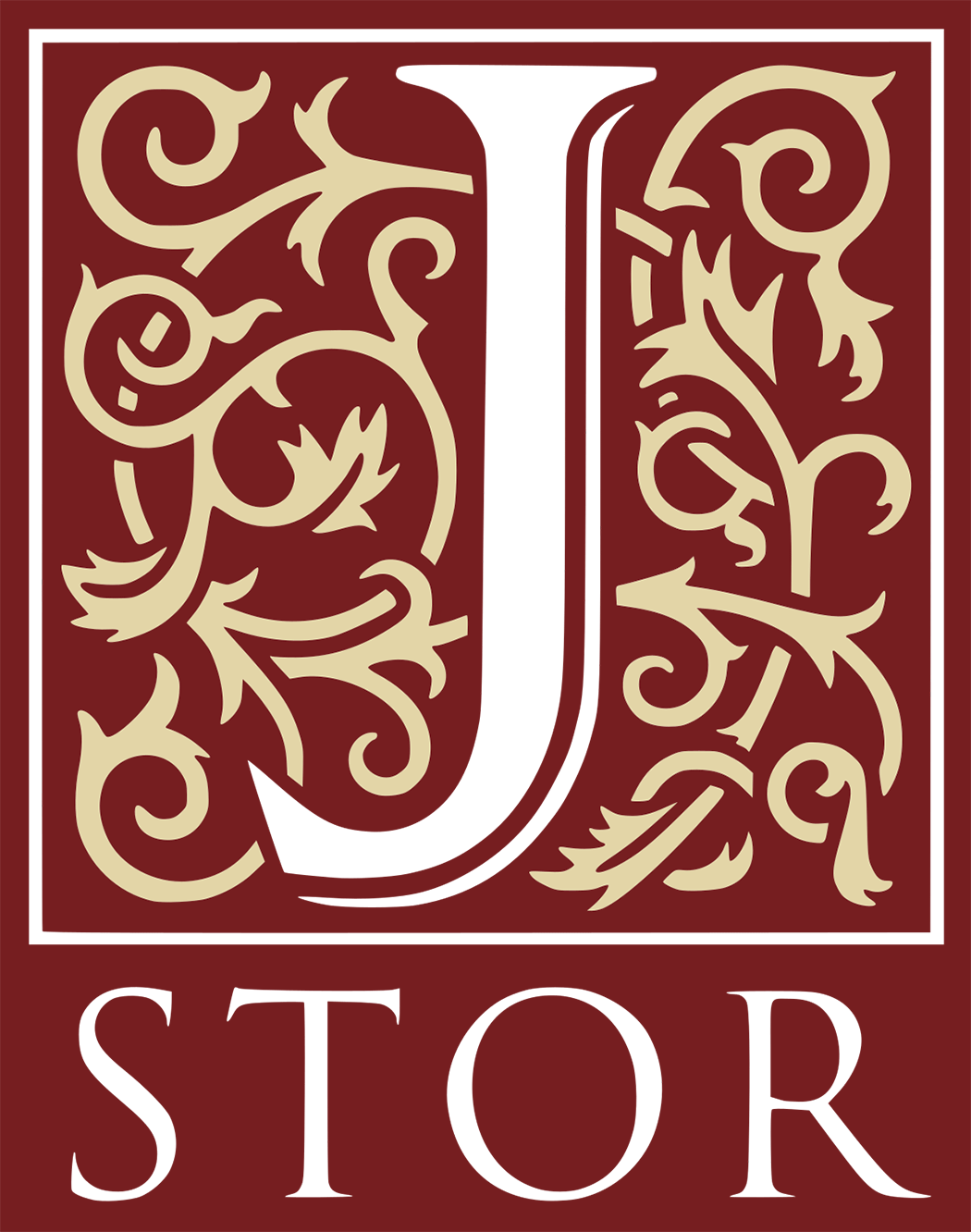
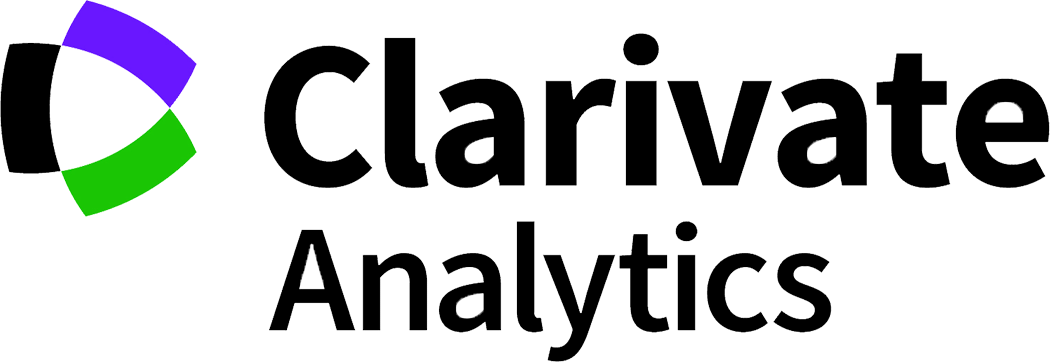

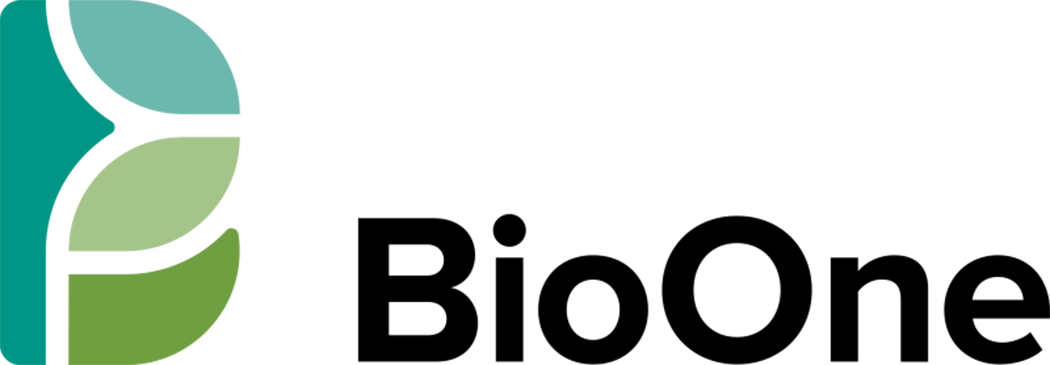
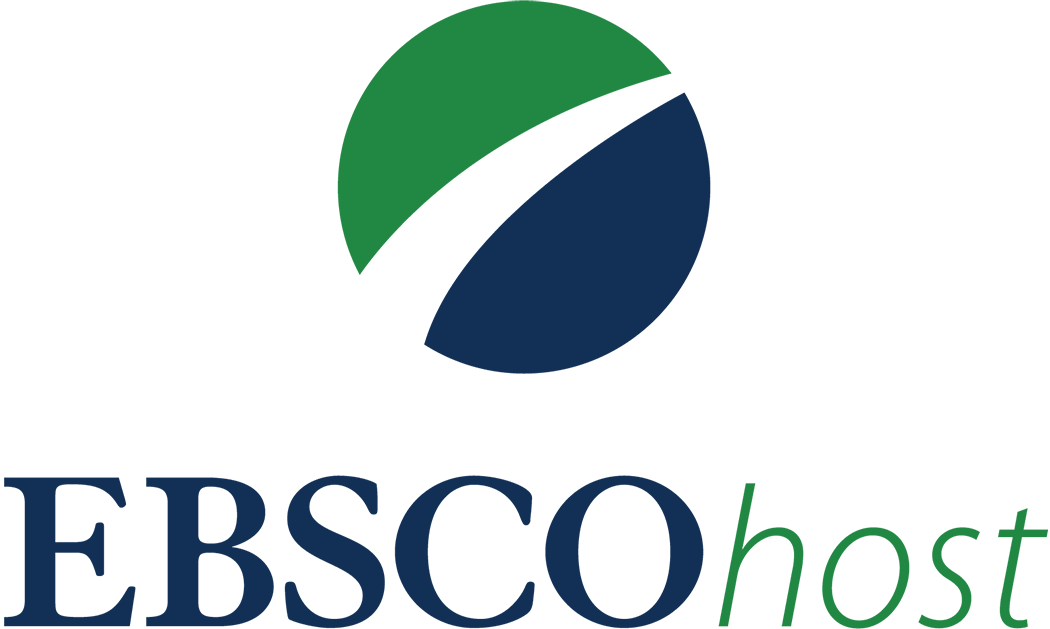



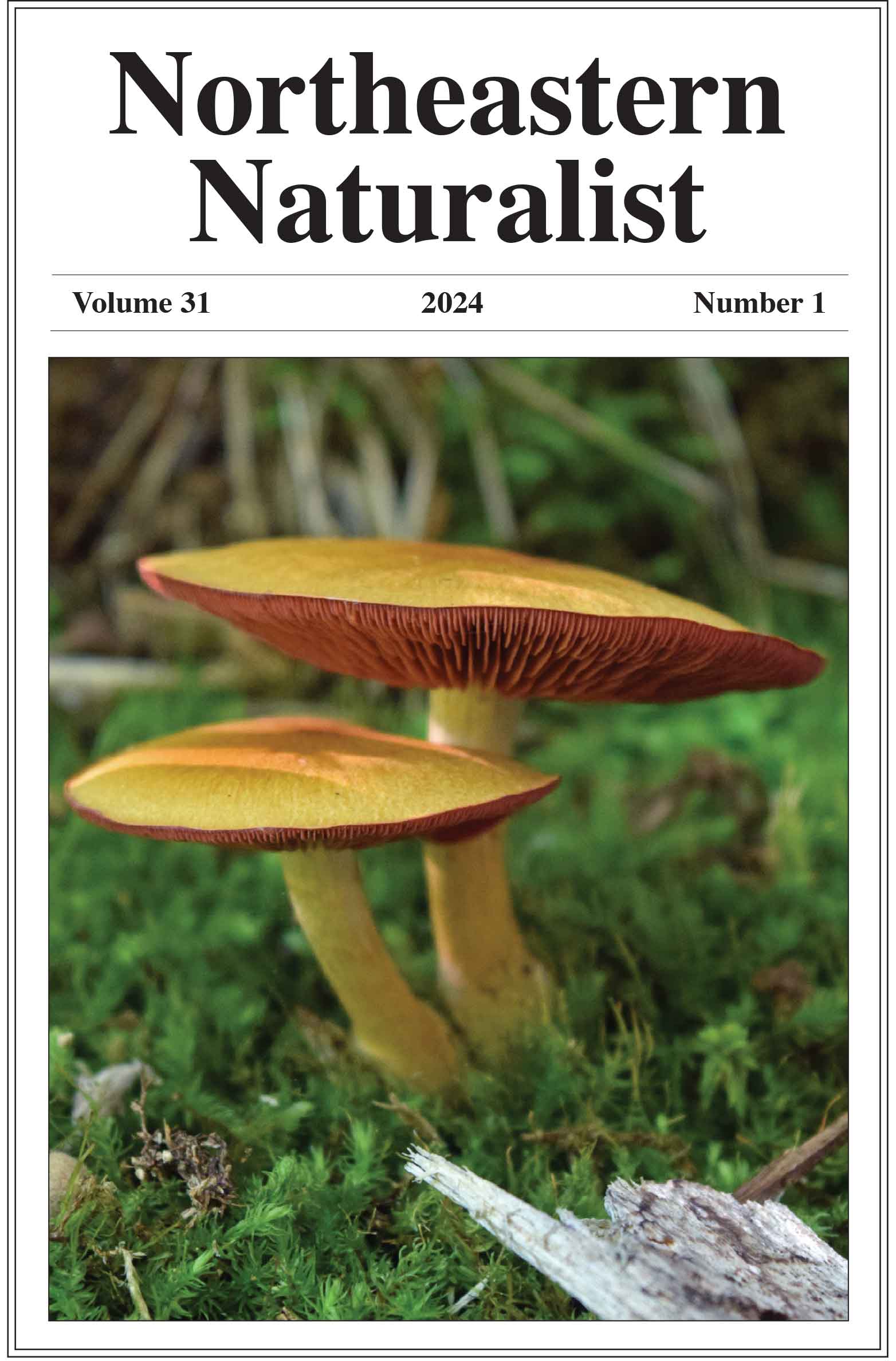
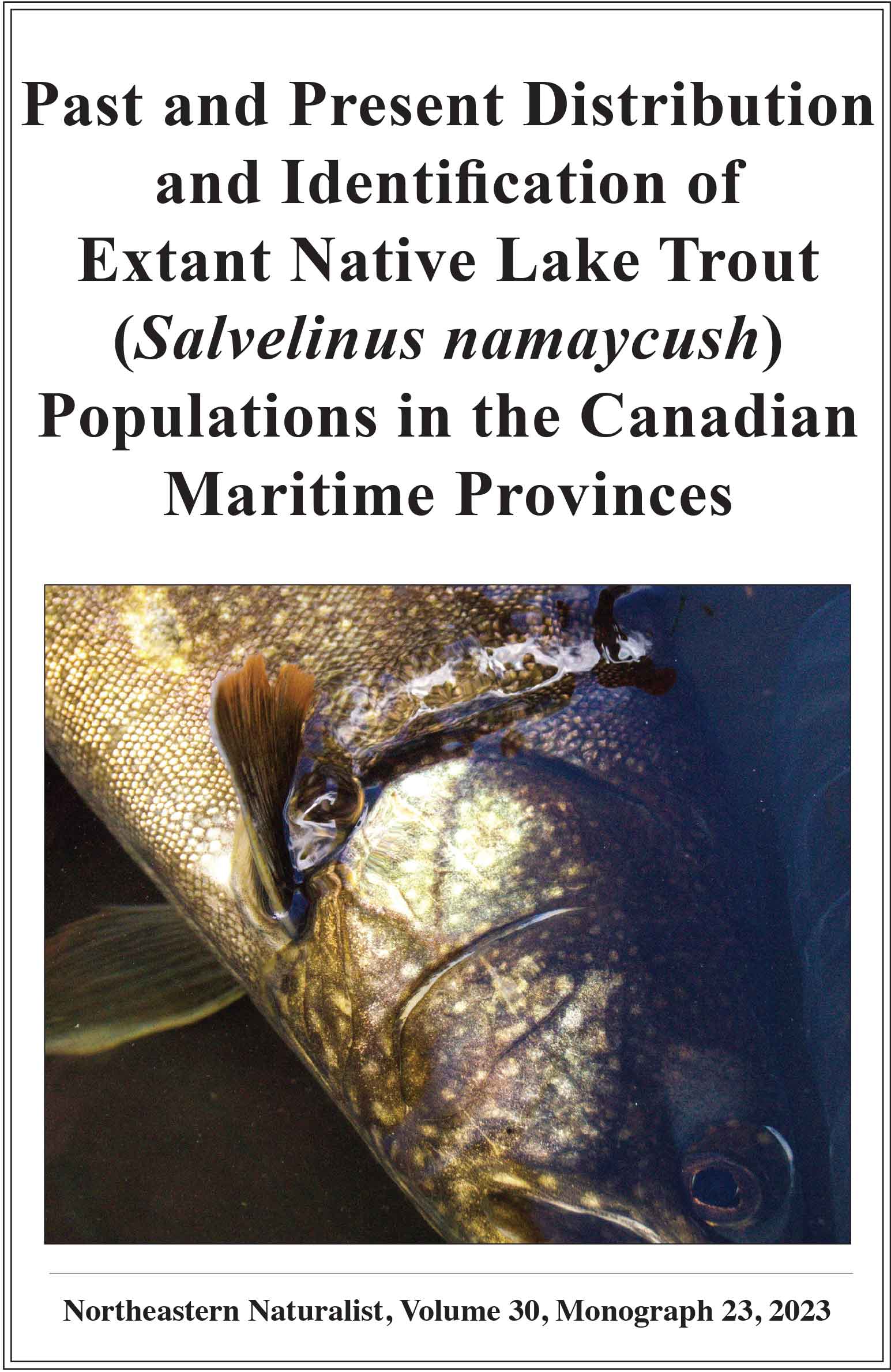


 The Northeastern Naturalist is a peer-reviewed journal that covers all aspects of natural history within northeastern North America. We welcome research articles, summary review papers, and observational notes.
The Northeastern Naturalist is a peer-reviewed journal that covers all aspects of natural history within northeastern North America. We welcome research articles, summary review papers, and observational notes.